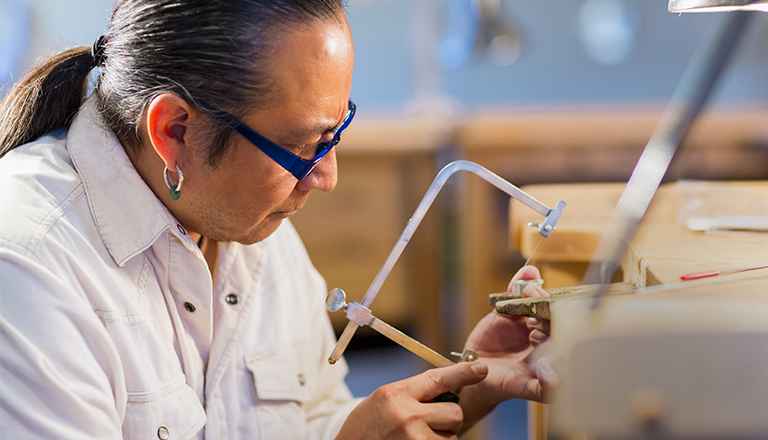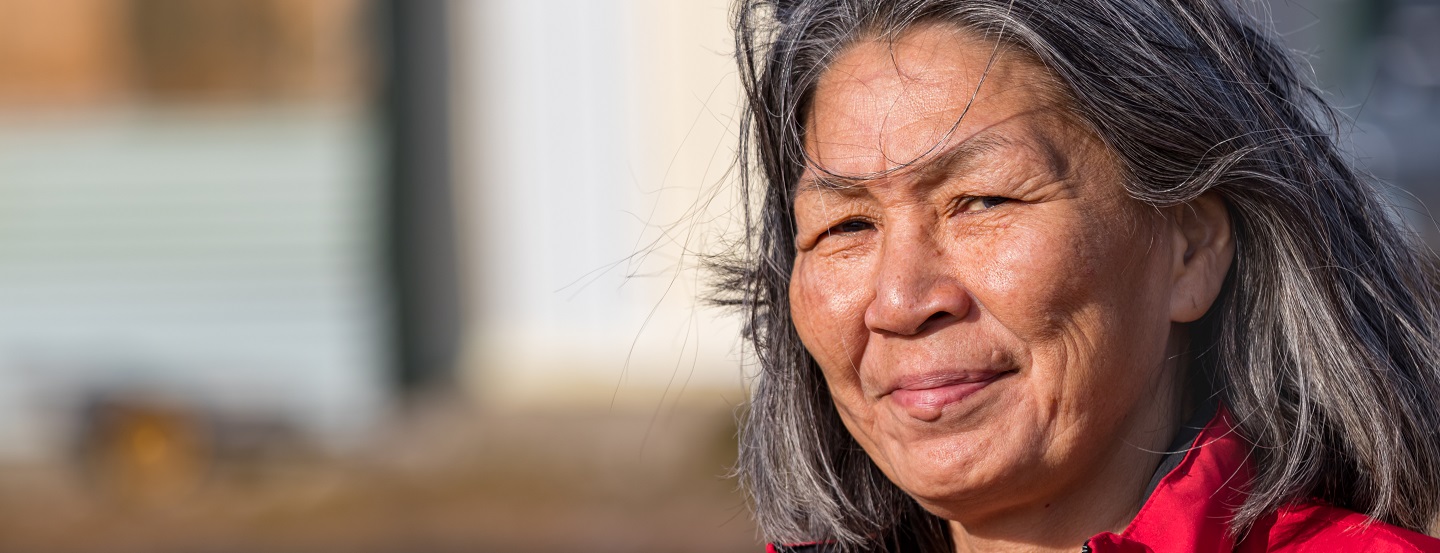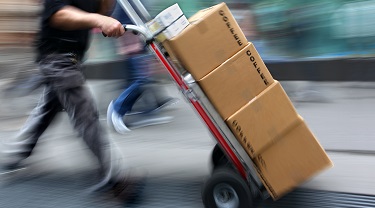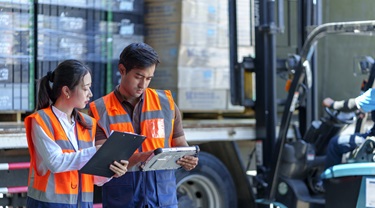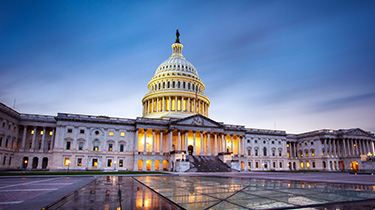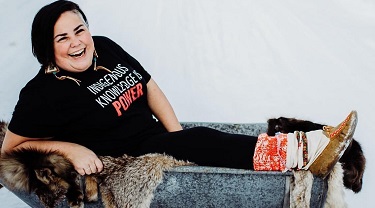
Drive to succeed: Indigenous women rely on strong community ties, proud heritage to grow their business
This is the final article in our three-part series on the Indigenous business community in Canada. Today, we meet three Indigenous businesswomen to learn about the challenges they’ve faced and what advice they have for other women in trade.
For Indigenous women, owning a business isn’t just about profits. “It’s about supporting their families, creating employment in their communities, and empowering others,” says Jennifer Cooke, Export Development Canada’s corporate lead for Women in Trade. “That’s a primary part of their motivation.”
Cooke is working with Todd Evans, EDC’s national lead for Indigenous exporters, to execute a strategy for building strong partnerships with Indigenous businesses in Canada. She says a key challenge for Indigenous women entrepreneurs is having access to “support and advice, particularly around financial literacy, to help drive their business forward.”
More than 50% of Indigenous small- to medium-sized businesses are owned or partly owned by women. But many face challenges due to a lack of financial equity, access to business support resources and awareness of government grants and programs for Indigenous women in business.
Living in remote communities only adds to their financial strain, driving up the costs of shipping their goods to international markets and making it costly to travel to trade shows to promote their brand and make connections with suppliers and customers. Access to reliable internet is another barrier, especially for companies selling goods and services online.
There are also socioeconomic challenges, including high rates of domestic violence, substance abuse and feelings of isolation, and traditionally, it’s the family matriarch who’s expected to care for the children and elderly.
“All of these underlying issues make it challenging for Indigenous women to build and grow their business,” Cooke says, adding, “but there are some great success stories showing how they support each other and remain persistent and resilient to achieve their goals.”
We spoke with three EDC customers to find out more about their export journey, what motivated them to succeed and what tips they’d give to other women entrepreneurs.
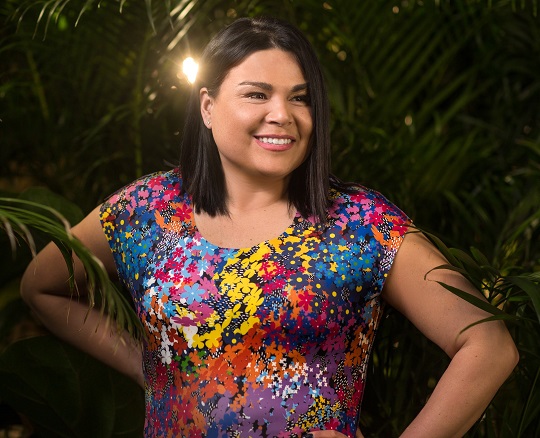
Cheekbone Beauty
Jenn Harper started Canada’s first Indigenous cosmetics company in 2016 because “there needed to be a brand that was made in Canada, that was never tested on animals and that gave back to the First Nations community. The brand didn’t exist, so I created it!”
The catalyst for her online business was in 2015, when the Truth and Reconciliation Commission of Canada released 94 recommendations to help reconcile the pain and suffering caused by the Canadian Indian residential school system. Harper’s grandmother had been a student from age six to 16.
“I didn’t have to be ashamed anymore about who I was and where I came from,” says the mother of two, who was estranged from her Indigenous father and relatives for much of her life. Raised by her Caucasian mother, she struggled for years with identity issues and openly talks about overcoming her battle with alcoholism.
To honour her Anishinaabe roots, Harper created Cheekbone Beauty to give Indigenous Peoples a space in the cosmetics industry where they can feel represented and provide them with much-needed role models.
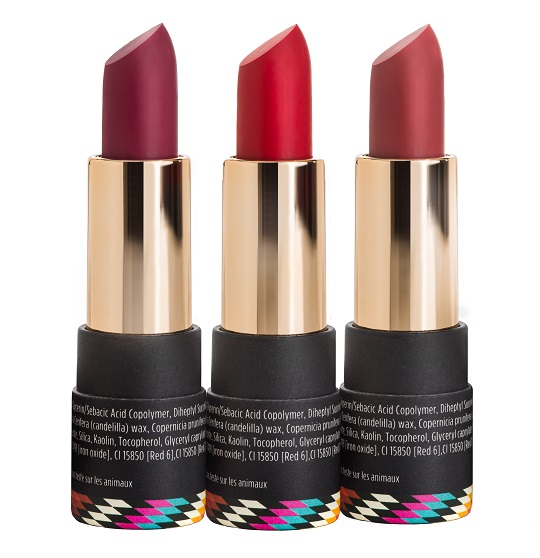
Her Warrior Women Collection of lipsticks and glosses are named after inspiring Indigenous women, including Bethany Yellowtail, a Northern Cheyenne and Crow tribe fashion designer and iconic Cree singer and songwriter, Buffy St. Marie. Proceeds from her sales go to educational funding for Indigenous youth.
Company headquarters is Harper’s home in St. Catharines, ON, but through increasing e-commerce sales, her customers dot the globe—from the United States to New Zealand.
Key challenges
Launching a small startup in a big industry, like cosmetics, was risky, especially since Harper used her own savings to finance the business.
In 2019, she appeared on CBC’s Dragons’ Den in hopes of getting one of the investors on the panel to invest in her company. While the experience brought media exposure and a healthy financial offer, Harper wasn’t willing to give up 50% ownership of Cheekbone Beauty.
“The biggest challenge at the moment is trying to show the beauty industry our value,” says Harper, who was named Woman of the Year 2019 by Chatelaine magazine “for believing in herself and her boundary-pushing beauty brand.
“Our (Indigenous) community is great at making us feel valued. (But) the industry has yet to see the importance of representation,” she says.
Her advice to other women entrepreneurs
- Take the time to plan. “As a new entrepreneur, you have the idea, but you don’t know how to articulate it. Do your research and define your business.”
- Don’t give up. “Chip away at it every day. By consistently working hard, something successful will come out of it.”
- Build a strong online presence. Social media allows you to “really control your connection with your customers, control your story and what is being sold.”
You should also check out
The Yukon Soaps Company
Joella Hogan had no idea how to make soap when she bought The Yukon Soaps Company in 2012. Like many in Northern Canada, she’s just always been a big fan of the established brand.
A member of the First Nation of Na-Cho Nyak Dun, Hogan admits owning the home-based business in small-town Mayo wasn’t so much about making fragrant suds. It was “a way to reconnect our people to the land.”
With witty names, like Yukon Gin and Tonic, Romancing the Soap and Spice Boy, her artisanal bars are made with essential oils and natural ingredients, including spruce tips, juniper berries and wildflowers, harvested from the surrounding forest.

As she explains on her website: “The soaps are made from scratch just like grandmother’s cookies. They are all unique, authentic and handcrafted … The most important ingredient is the Yukon.”
Passionate about preserving her Northern Tutchone culture and being a steward of the land, Hogan, who has background in environmental planning and cultural development, is also razor-focused on growing Yukon’s economy by promoting the talents of other Indigenous crafters and artisans.
Key challenges
“Being in a small, remote northern community means high shipping costs, limited access to goods and long distances to retail outlets,” she said in a recent interview. “So many times, I have been in a situation where I have run out of a key ingredient, a label or some other piece—like the time I ran out of rosehips in the middle of winter, or the time I ran out of lye in the middle of mass production.
“It didn’t take long for me to figure out that I needed to stay on top of my main ingredients and my production schedules.”
The media darling—she’s been featured in several mainstream media, including The Huffington Post and Flare and Elle magazines—is a champion for women in trade and knows the value of a solid export plan. This fall, she’s registered for the Trade Accelerator Program (TAP), a four-day workshop designed to help small- and medium-sized businesses improve their trade knowledge, make connections and boost their global success.
Her advice to other women entrepreneurs
- Build a strong support network. “There is no reason to work in a silo. You don’t need to work alone,” says Hogan, who was named Yukon Business of the Year in 2019. “There are so many support networks out there.”
- Have a voice. “People want to see the makers. The days of working behind the scenes are over,” says the outgoing entrepreneur. Get out front, share your story and get to know your audience, she says.
- Stay true to your values. Don’t be swayed by others. Remember: It’s your business.
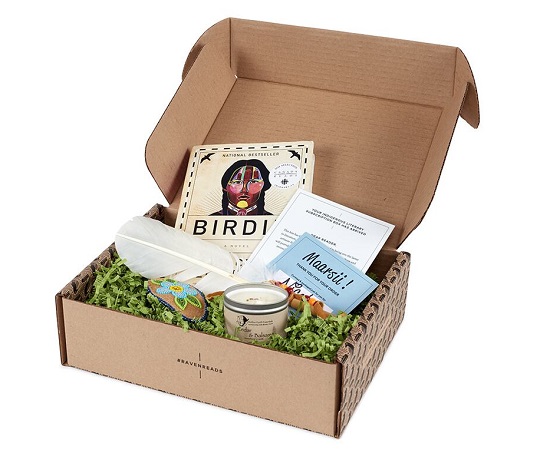
Raven Reads Books
Nicole McLaren firmly believes healing begins with education. That’s why in 2017, she founded a subscription box service company to raise awareness about Canada’s Indigenous community.
Several times a year, curated boxes containing a new book by an Indigenous author, as well as jewelry, art, and beauty products from Indigenous makers, are delivered to customers across Canada, the United States and Europe.
“I have always had a passion for finding interesting ways to engage, inspire and motivate those around me. My mixed-heritage and Indigenous roots are what drove me to do this,” says McLaren, a strong advocate for advancing Canada’s journey of reconciliation.
Through literature and art, she hopes to create a better understanding of the history, culture and perspectives of the Indigenous Peoples.
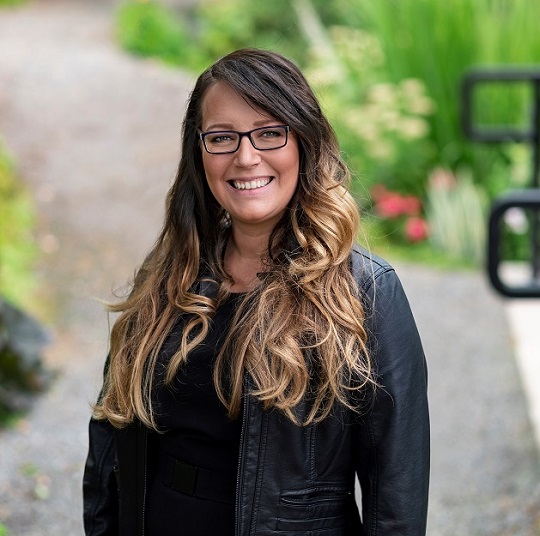
“Reconciliation means different things to different people. To many, reconciliation is about establishing and maintaining a mutually respectful relationship between Indigenous and non-Indigenous peoples in this country,” says McLaren, winner of Startup Canada’s Entrepreneur of the Year award in 2018.
“For that to happen, there must be awareness of our collective past, and action to change our behaviour,” she says.
Key challenges
Running a small online business in rural British Columbia, McLaren’s biggest hurdle was “primarily centred around limitations in e-commerce technology to best manage my shipping charges and subscriptions.
“I originally justified a quarterly subscription model—as opposed to monthly—to manage my internal capacity and to not exhaust the availability of products on the market,” says McLaren, who is also founder of the Indigenous Women’s Business Network, which offers free business counselling to entrepreneurs in rural areas.
“What I didn’t know at the time was the limitations of technology and e-commerce platforms to handle a quarterly subscription model and allow me to properly charge customers for the correct number of intervals for shipping. For example, prepay for two boxes and charge twice for shipping.”
Her advice to other women entrepreneurs
- Do your research to avoid unforeseen expenses. McLaren admits that “my ignorance (of the e-commerce platform) led me to lose money in my first two years due to incorrect shipping charges and runaway shipping costs.”
- Ask your competitors for their insights. Don’t be afraid to reach out to other businesses to find out about their challenges. “This could save you thousands of dollars and hours of grief trying to troubleshoot issues.”
- Hire a professional to monitor your spending. “If I had had someone on my team watching for the difference between my shipping revenue and my shipping costs, I could have avoided losing a lot of money.”
For information on the Government of Canada’s relief measures for Indigenous businesses during the COVID-19 outbreak, please click here.
You should also check out
Learn about programs that help Indigenous exporters to access capital and enter new markets.













